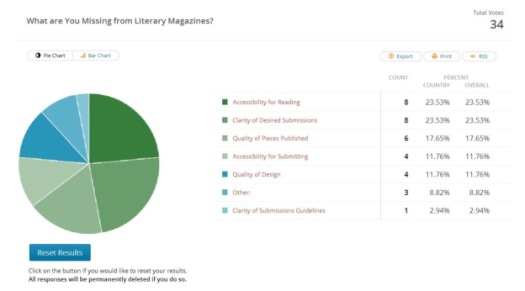Every poet claims that poetry is political – or at least that the act of writing poetry is a political act – no matter what the poem’s contents are. Jane Hirschfield, Richard Hugo, David Orr, Susan Stewart, and Stephen Dunn are just a few of the poets investigated this semester who wrote or intimated this idea. The statement that poetry is political requires a certain understanding of the “political,” meaning an exercise and projection of the voice in the face of the vast ease of being silent. This idea, that saying what needs to be said – whether about a white spider on a sprig of Queen Anne’s Lace, or about the unequal gender treatment in our current society – is a political act opens more than just poetry to political statement, but all fields of art. As a result, the question of which writing is political, and which is not, becomes very important. To hazard one possible boundary, writing which does not offer some access to Truth, or which deliberately obscures Truth (or truth), falls on the far side of the political; these kinds of writing result in either apathetic consumerism, or worse, outright propaganda. Much popular music falls into these categories. The reader (that’s you) may object that even apathetic consumerism or outright propaganda fall somewhere on the political spectrum, and the author (me) may agree. In that case, let us use “political” – in terms of writing and poetry at least – for the positive – seeking awareness and Truth – end of the spectrum, while the previous terms (apathetic and propagandist) can apply to the other, obstructive end. Continue reading “June Jordan and the Political”


